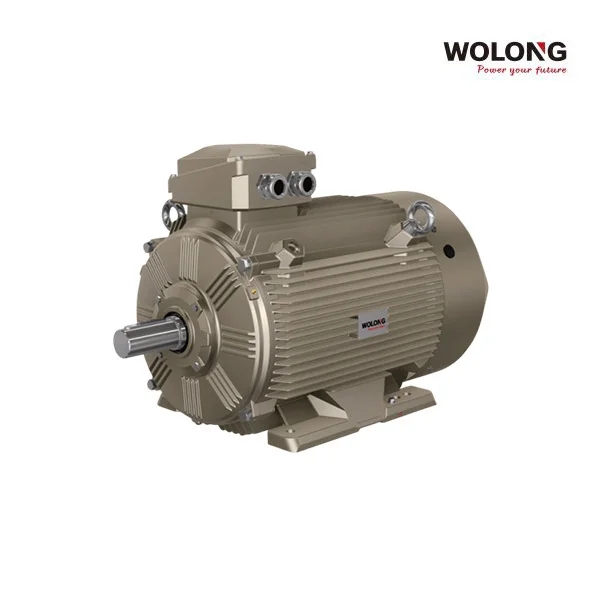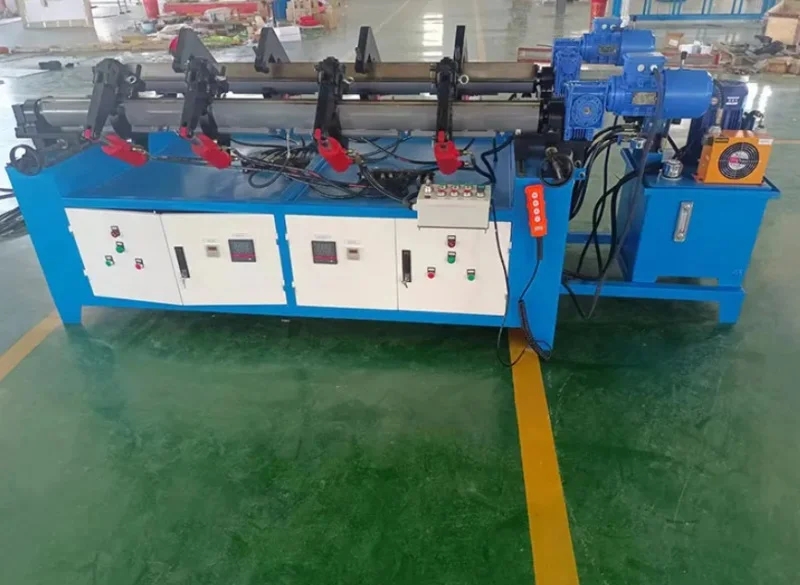Mechanical pumps are indispensable devices in various industries, serving as the lifeline for fluid transportation and manipulation. From the intricate workings of a car engine to the vast networks of water supply systems, mechanical pumps play a pivotal role in ensuring the smooth operation of countless processes. In this article, we will delve into the multifunctionality of mechanical pumps, exploring their diverse applications and highlighting their significance in different sectors.
- Fluid Transportation and Circulation:
At its core, the primary function of a mechanical pump is to transport fluids from one location to another. Whether it is pumping water from a well to a storage tank or circulating coolant in an industrial setting, mechanical pumps provide the necessary force to move liquids efficiently. By generating pressure differentials, these pumps overcome resistance and propel fluids through pipelines, hoses, or channels, enabling seamless fluid circulation. - Boosting Pressure and Flow Rate:
Mechanical pumps excel in increasing the pressure and flow rate of fluids, making them invaluable in numerous applications. In industrial processes, pumps are employed to enhance the pressure of gases or liquids, facilitating chemical reactions or ensuring optimal performance of machinery. Additionally, in firefighting operations, high-pressure pumps are utilized to deliver water with force, enabling effective extinguishing of fires. - Filtration and Purification:
Beyond mere transportation, mechanical pumps also contribute to the filtration and purification of fluids. In water treatment plants, pumps are employed to draw water from natural sources and propel it through filtration systems, removing impurities and contaminants. Similarly, in oil refineries, pumps aid in the separation of different components by exerting pressure, enabling the extraction of valuable substances. - Heat Transfer and Cooling:
Mechanical pumps play a crucial role in heat transfer and cooling processes. In refrigeration systems, pumps facilitate the circulation of refrigerants, absorbing heat from the surroundings and dissipating it elsewhere. Moreover, in power plants, pumps are utilized to circulate coolant, ensuring efficient heat dissipation from machinery and preventing overheating. - Vacuum Creation:
Another vital function of mechanical pumps is the creation of vacuums. Vacuum pumps are extensively used in scientific research, manufacturing processes, and even everyday applications. By removing air or other gases from a sealed chamber, these pumps create a vacuum, enabling a wide range of operations such as material deposition, chemical analysis, and packaging.
Conclusion:
From fluid transportation and pressure boosting to filtration and vacuum creation, mechanical pumps serve as the backbone of various industries. Their multifaceted functions ensure the smooth operation of countless processes, ranging from everyday tasks to complex industrial operations. Understanding the diverse applications of mechanical pumps allows us to appreciate their significance and the pivotal role they play in driving progress across different sectors.


